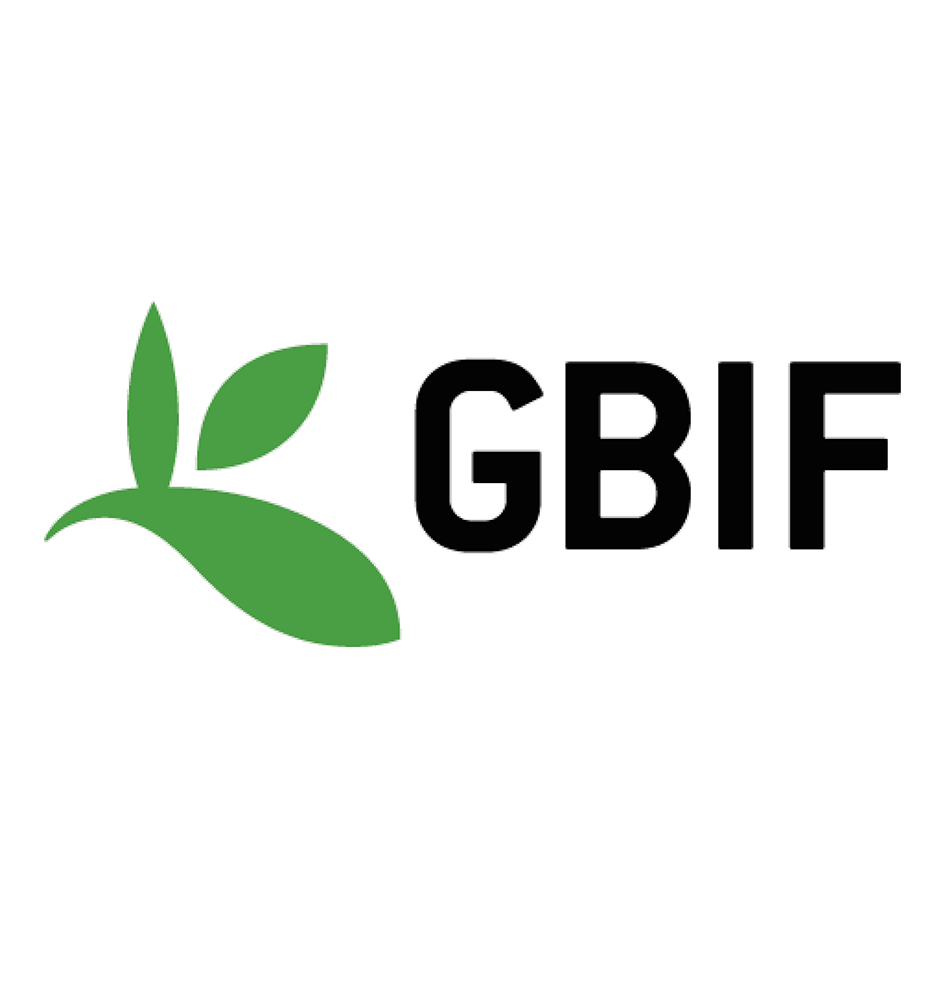Impact and Action: A Virtual Science-Policy Symposium
Home | Events | Researchers | Impact and Action: A Virtual Science-Policy Symposium

Online, 9 December 2021. Impact and Action is a virtual science-policy symposium co-hosted by the Global Biodiversity Information Facility (GBIF), the US National Science Foundation and the Organisation for Economic Co-operation and Development (OECD), examining how we strengthen and consolidate scientific impact in the next two decades and beyond. The interconnected challenges of biodiversity loss and climate change have increased both the requirements and the pressing need for data to inform research and policy decisions, making GBIF’s mission more urgent than ever.
Agenda
During a two-hour programme on Thursday, 9 December 2021, experts will examine the role and needs of the biodiversity data ecosystem in supporting progress across key issues, innovations, and policy priorities. Themes will include conservation, food security, health, the evolution of emerging sciences and technologies, and the science-policy interface, with a Q&A panel to conclude.
The symposium offers a unique opportunity for scientists, policymakers and other relevant stakeholders to understand the previous successes and coming challenges as GBIF prepares its next strategic framework. As a precursor to a series of stakeholder consultations in the coming year, the symposium and the outcomes of its discussions will inform policies and research approaches aimed at expanding and sharing knowledge and benefits associated with biodiversity data.
Register here.